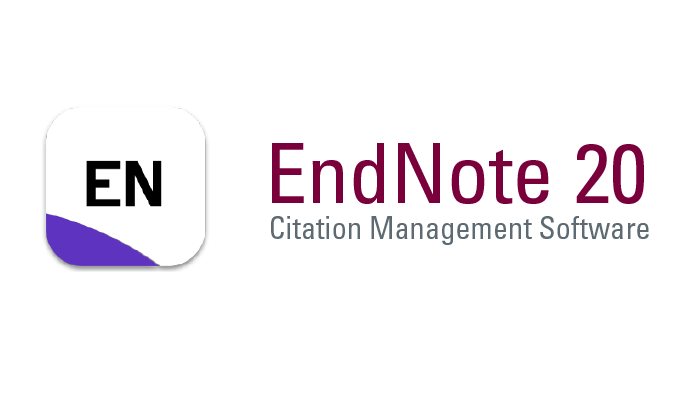PEMBENTUKAN AKHLAK DALAM PENDIDIKAN MELALUI SANKSI EDUKATIF (Kajian Literasi Terhadap Pembelajaran)
DOI:
https://doi.org/10.47887/amd.v5i1.163Keywords:
Moral Formation, Learners,, Educational SanctionsAbstract
In fact, efforts to form morals through various educational institutions, both formal, informal and non-formal, as well as through various methods, continue to be carried out and developed. This shows that morals need to be formed, nurtured, educated and accustomed to. Meanwhile, apart from education, other factors that support the formation of a person's morals are parents and their environment. Without the guidance of parents and their environment, a child's behavior will not be directed towards the good. In the world of education, sanctions are adjusted to the severity or lightness of the violation. Sanctions are a form of affection from educators towards students. The hope is that after giving sanctions, students will not carry out their actions again. So that order and discipline are created. From the continuous application of educational sanctions, good morals will be formed for these children. These morals are not only useful in the school environment, but when the student has graduated from school, he will be accepted by the surrounding community.
References
Abuddin Nata, (2012) Akhlak Tasawuf, (Jakarta:Raja Grafindo).
Abuddin Nata. (2005). Akhlak Tasawuf dan Karakter Mulia (Jakarta: Rajawali Pers) : 143.
Abuddin Nata. (2012 ). Akhlak Tasawuf, (Jakarta:Raja Grafindo : 155.
Abuddin Nata. (2012). Metodologi Studi Islam (Jakarta: Raja Grafindo Persada) : 333.
Abudin Nata. (2005) Filsafat Pendidikan Islam, (Jakarta:Gaya Media Pratama), cet I, 115-116.
Badawi. (2019). Pendidikan Karakter Dalam Pembentukan Akhlak Mulia, Di Sekolah,Fakultas Ilmu Pendidikan Universitas Muhammadiyah Jakarta Edisi Oktober : 209-210.
Damayanti. (2016). Sukses Menjadi Pendidik (Yogyakarta: Araska) : 210.
Dilematika Pemberian Sanksi di Sekolah, Suara Pendidikan. (2016). (Yayasan Suara Pendidikan, Jombang) : 13.
A. Djazuli. (2000). Fiqh Jinayah; Upaya Menanggulangi Kejahatan dalam Islam (Jakarta: PT Raja Grafindo) : 192.
Hani Maisya Putriani. (2010). Pelaksanaan Pendidikan Akhlak Dalam Pembentukan Akhlakul Karimah Siswa Di Mi Darussalam Pondok Labu Jakarta Selatan, Jurusan Pendidikan Agama Islam Fakultas Ilmu Tarbiyah Dan Keguruan Uin Syarif Hidayatullah Jakarta : 2.
Hery Noer Aly. (1999). Ilmu Pendidikan Islam, (Ciputat: Logos Wacana Ilmu, cet.II) : 87
Khudriyah (2002). Modul Pengelolaan Kelas STIT al Urwatul Wutsqo (Jombang: t.p) : 5.
M. Yusuf Pangaribuan, Marzuki, Sri Mawaddah, Ana Sofia. (2023). Pembentukan Akhlak Siswa Melalui Sanksi Edukatif Di Mtss Madrasah Islam Nurul Azizi Kabupaten Asahan Sumatera Utara. (Jurnal Mudarrisuna : Media Kajian Pendidikan Agama Islam. Vol. 13, No. 1, Januari-Maret : 127. DOI: https://doi.org/10.22373/jm.v13i1.20123
Ngalim Purwanto. (2000). Ilmu Pendidikan Teoritis dan Praktis (Bandung: Remaja Rosdakarya) : 187-188.
Ngalim Purwanto. (2009). Ilmu Pendidikan Teoritis dan Praktis (Bandung: Remaja Rosdakarya) : 186.
Refika, Urgensi Hukuman Edukatif dalam Manajemen Kelas, 188.
Zakiah Daradjat. (2001). Peranan Agama dalam Kesehatan Mental, (Jakarta: Toko Gunung Agung, Cet. Ke-16 : 56.
Zakiah Daradjat. (2001). Peranan Agama dalam Kesehatan Mental, (Jakarta: Toko Gunung Agung), Cet. Ke-16 : 61.
Downloads
Published
How to Cite
Issue
Section
License
Copyright (c) 2024 Murtadha Murtadha, Muammar Muammar

This work is licensed under a Creative Commons Attribution-ShareAlike 4.0 International License.
Authors retain copyright and grant the journal right of first publication and this work is licensed under a Creative Commons Attribution-ShareAlike 4.0 that allows others to share the work with an acknowledgement of the works authorship and initial publication in this journal.
All articles in this journal may be disseminated by listing valid sources and the title of the article should not be omitted. The content of the article is liable to the author.
Authors are able to enter into separate, additional contractual arrangements for the non-exclusive distribution of the journal's published version of the work (e.g., post it to an institutional repository or publish it in a book), with an acknowledgment of its initial publication in this journal.
Authors are permitted and encouraged to post their work online (e.g., in institutional repositories or on their website) prior to and during the submission process, as it can lead to productive exchanges, as well as earlier and greater citation of published work.
In the dissemination of articles by the author must declare the Al-Madaris Jurnal Pendidikan dan Studi Keislaman as the first party to publish the article.














